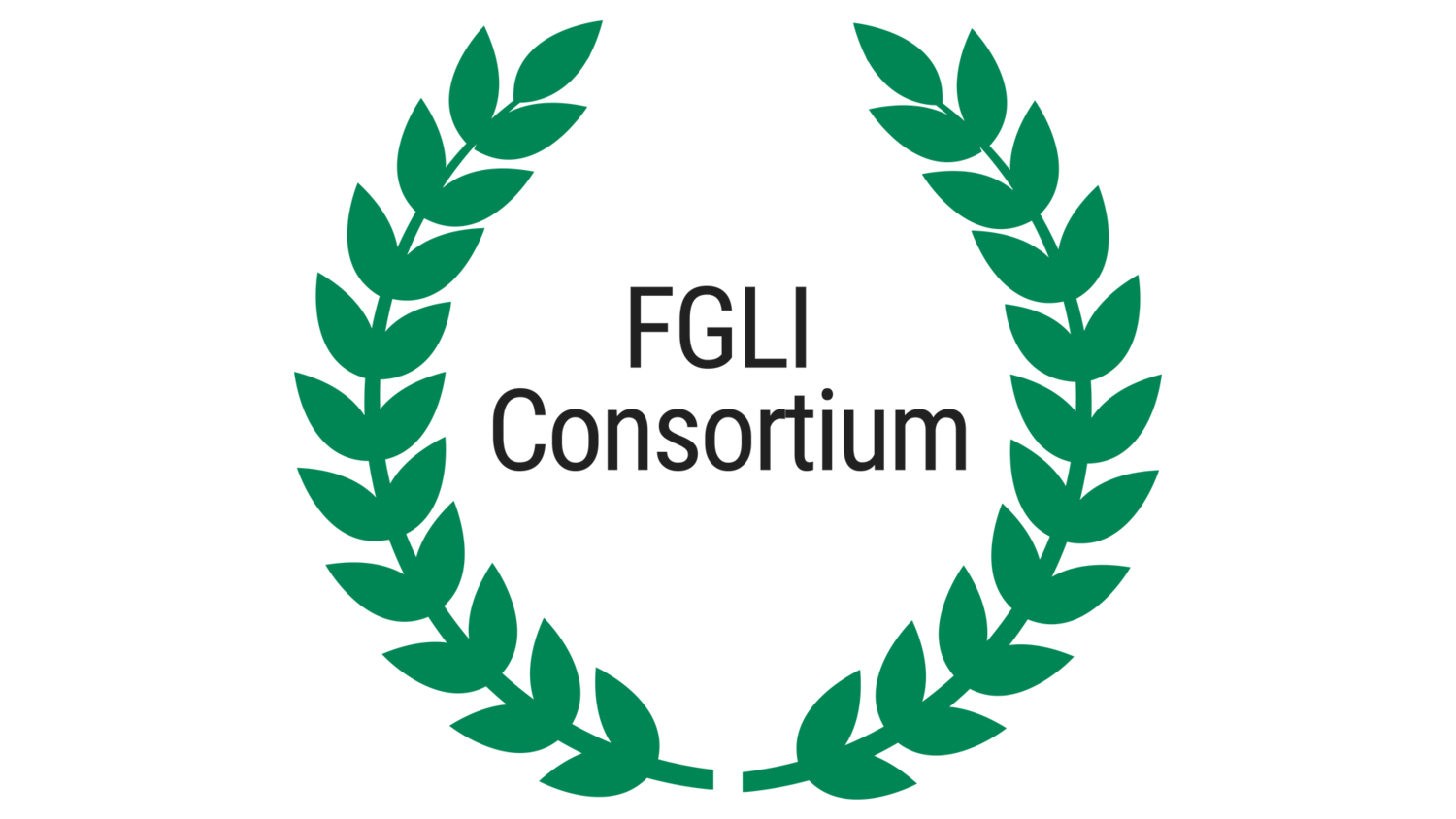Reconceptualizing Roles: A Virtual Workshop
Dr. Daniel K. Phillip (he, him, his) is a Licensed Clinical Psychologist and Founder of Together+Through, an organization which centers the experiences of marginalized communities by providing culturally responsive therapy and consulting services. His workshop will focus on distinguishing between stress, distress, and crisis, on exploring the eight dimensions of wellness and their importance in understanding marginalized students' presenting concerns. The workshop will also provide tools to higher education staff and faculty who support these students, especially given the current sociopolitical climate. Participants can expect to:
Develop and strengthen skills to support students during challenging times
Identify the similarities and differences between stress, distress and crisis when working with students
Increase knowledge about appropriate resource sharing for students
Develop skills to support students during times of stress, distress, crisis as a staff or faculty practitioner
We hope you will join us. Registration is free, and we thank Princeton University for sponsoring this important event.
Dr. Daniel K. Phillip (he, him, his) is a Licensed Clinical Psychologist and Founder of Together+Through, an organization which centers the experiences of marginalized communities by providing culturally responsive therapy and consulting services. His area of focus is working at the intersections of race, ethnicity, gender, and sexuality in the provision of mental health care and clinical supervision. As a practitioner with visible and invisible marginalized identities, Dr. Phillip’s approach to consultation, mentorship, supervision and therapy is informed by both his lived experiences and the clinical skills developed throughout his career. Upon receiving his Doctorate of Psychology degree in Clinical Psychology from Loyola University Maryland, he completed a Postdoctoral Fellowship at a community health center where he specialized in LGBT mental health, as well as a certification in LGBT-affirmative psychotherapy offered by the American Association of Marriage and Family Therapy - California Division. His experiences working in college settings, community mental health, group practices, and hospitals have significantly influenced his beliefs that health is shaped by one’s context, and that the type of treatment one receives is often based on how institutions value a person’s social identities.

